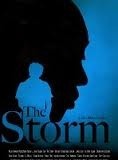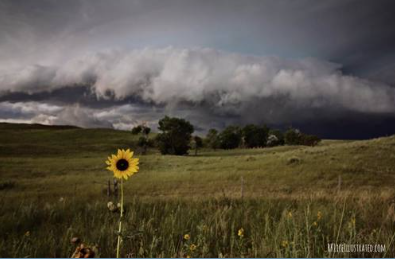What do you think?
Rate this book


4 pages, Unknown Binding
First published January 1, 1969

It began to grow dark, and suddenly realizing the situation she got up hurriedly and went about closing windows and doors.
Well....Well....Well....Lucky storm it appears for Alce and his wife Clarisse, but not so Calixta's husband Bobint.......I don't think???
Kate Chopin sure wrote some strange short stories!